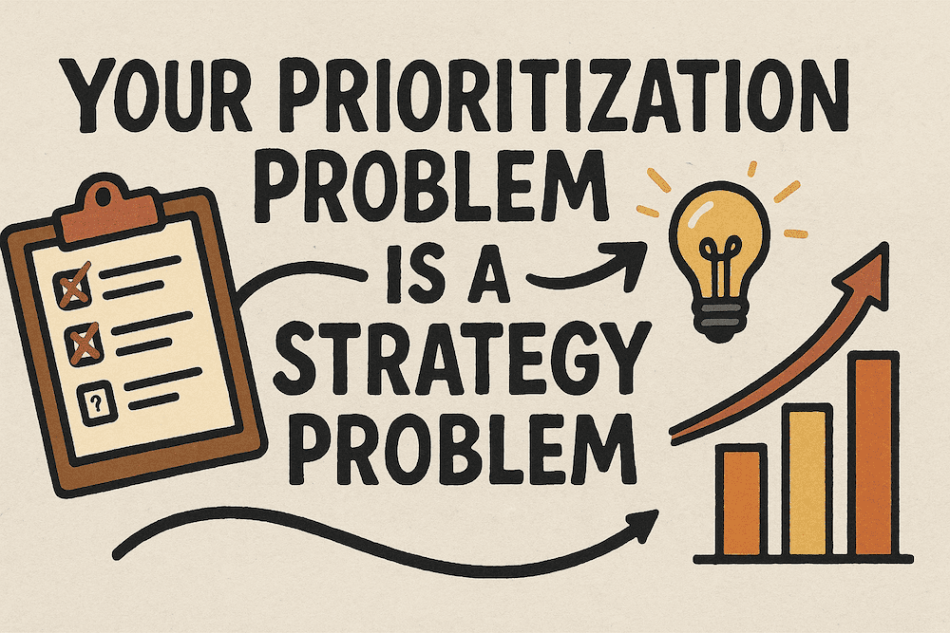Product Management
The Rise of Vertical Software
February 15, 2026

AI is making output cheap. That’s the headline.
Anyone can generate competent code, decent copy, solid designs. The bar for execution gets higher because everyone can reach it. When execution is easy, what you execute on becomes the differentiator.
The value has shifted to inputs. Higher quality input creates higher quality output. Garbage in, garbage out still applies—but now "garbage" means "the same prompt everyone else is using."
Taste Becomes the Moat
For building software, the valuable skill is knowing WHAT to build. Making trade-off decisions. Having taste.
If anyone can build anything, the people who know what’s worth building win. That’s not something AI gives you. That’s judgment. Experience. Understanding of a problem space that goes beyond what you can prompt for.
This is why "vibe coding" only gets you so far. You can tell AI to build you an app. But knowing which app to build, what features matter, what trade-offs are acceptable to your users—that requires understanding your users better than AI can.
Deep Knowledge as Competitive Advantage
Here’s where it gets interesting. This translates directly to a rise in vertical software. Software built for a particular industry instead of built for everybody.
The competitive moat becomes knowing everything there is to know...

